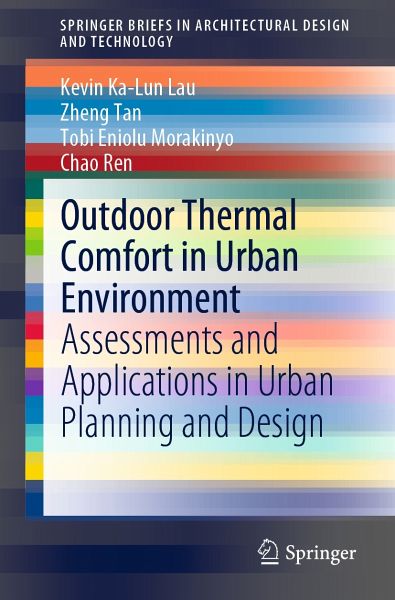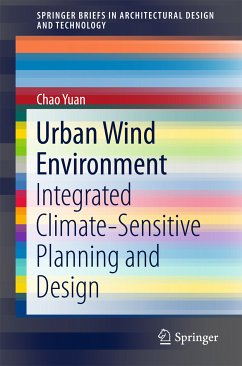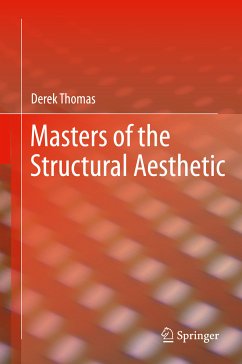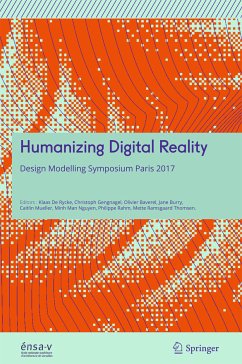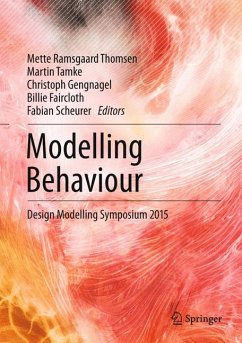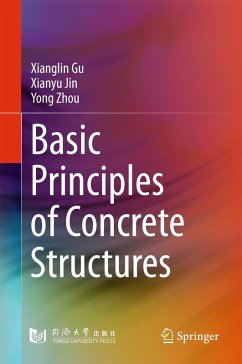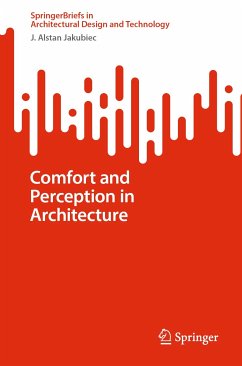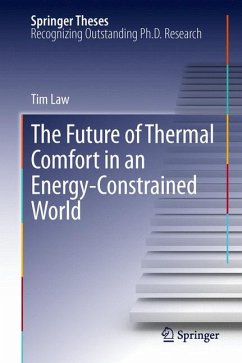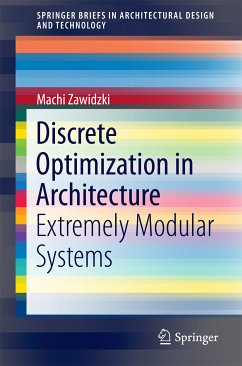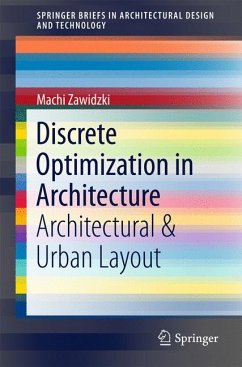Dr Kevin Ka-Lun Lau is Research Assistant Professor at Institute of Future Cities, The Chinese University of Hong Kong. His primary research interest is on the relationship between the built environment and urban climate, with a particular focus on human thermal comfort in outdoor environment. His research ranges from numerical modelling of urban microclimate to field studies of outdoor thermal comfort, with over 50 articles published in peer-reviewed journals. He is a member of the WMO Expert Network of the Commission for Observation, Infrastructure and Information Systems and the Commission for Weather, Climate, Water and Related Environmental Services and Applications. Dr Lau is also affiliated with CUHK Jockey Club Institute of Ageing where he collaborates with public health experts on the inter-relationships between the built environment, urban climate and the health of citizens. He is experienced in translation research which transfers scientific knowledge into practical guidance in climate-sensitive urban planning and design. He is currently working on a collaborative project on increasing the resilience of elderly population to the impacts of extreme hot weather in the future, which focuses on enhancing weather information services, mitigation strategies through neighbourhood and building design, and awareness and preparedness of elderly population through community services. He is also leading an international study of developing a global database for outdoor thermal comfort studies and establishing a standardised methodology for conducting outdoor thermal comfort surveys under the IAUC working group of outdoor thermal comfort. Dr Zheng Tan is currently an Assistant Professor in the Department of Building and Real Estate, the Hong Kong Polytechnic University. Tanya received her M.Sc. in Sustainable and Environmental Design (Distinction) and Ph.D. in Architecture from The Chinese University of Hong Kong, in 2010 and 2016, respectively. She was aResearch Fellow in the School of Civil and Environmental Engineering, Nanyang Technological University (NTU Singapore), and a Postdoctoral Fellow in the Institute of Future Cities, The Chinese University of Hong Kong. She then joined the Mechanical and Civil Engineering Department at Hautes Études d'Ingénieur, Université Catholique de Lille for teaching and research. Her research interests focus on sustainable urban planning and design, urban climate, age-friendly cities, design and human perception. Since 2014 Tanya has been involved in teaching architectural design studio, sustainable urban planning, green building design strategies, and computer simulation (microclimate modelling and building energy performance simulation).
Dr Tobi Eniolu Morakinyo is an assistant professor in the School of Geography, University College Dublin. He obtained his Ph.D. degree in the City University of Hong Kong and joined the Chinese University of Hong Kong in 2016. He is specialised in numerical modelling of urban microclimate using the ENVI-met model and his research interests are primarily in the thermal benefits of different types of urban greenery. He led several research projects broadly focusing on implementation strategies of nature-based solutions for climate-sensitive urban planning and design in high-density cities. These projects and others have led to the publication of 20 peer-reviewed articles in top rank international journals including Building and Environment, Energy and Buildings, Urban Forestry and Urban Greening, Renewable Energy, Journal of Environmental Management, and Urban Climate etc.
Dr. Chao REN is an Associate Professor in The Faculty of Architecture at The University of Hong Kong. She has lectured widely in the leading institutions on topics of environmental design and urban climatic application. Her research interest is Sustainable Urban and Environmental Design and Urban Climatic Application in Urban Planning. She has publishedwidely in highly ranked journals and peer-reviewed conferences, focusing primarily on examining the relationship between urban climate and urban morphological characteristics, developing an urban climatic mapping system, and analysing urbanization-induced human thermal comfort and public health risk impacts for high-density or compact cities. Dr. Ren has involved in several governmental research projects in China (Hong Kong, Macau, Wuhan, Changchun and Beijing), Taiwan (Kaohsiung), The Netherlands (Arhem) and France (Toulouse) since 2006. She has been invited by international organizations including WMO, WHO and UNEP to develop urban climate related guides, reports and training materials.
